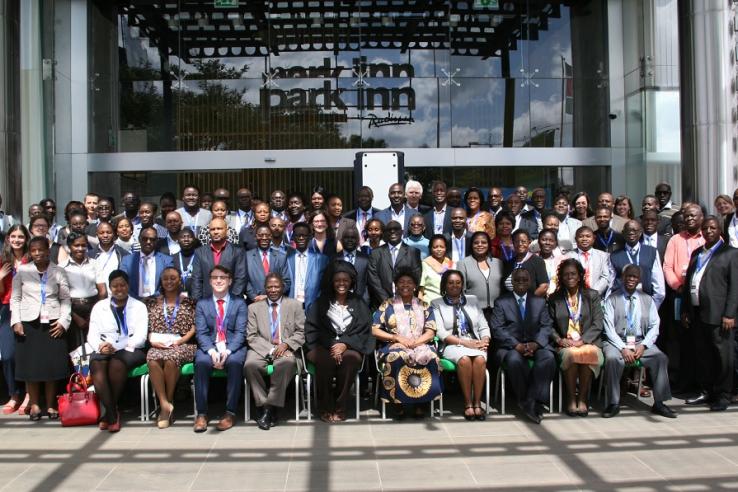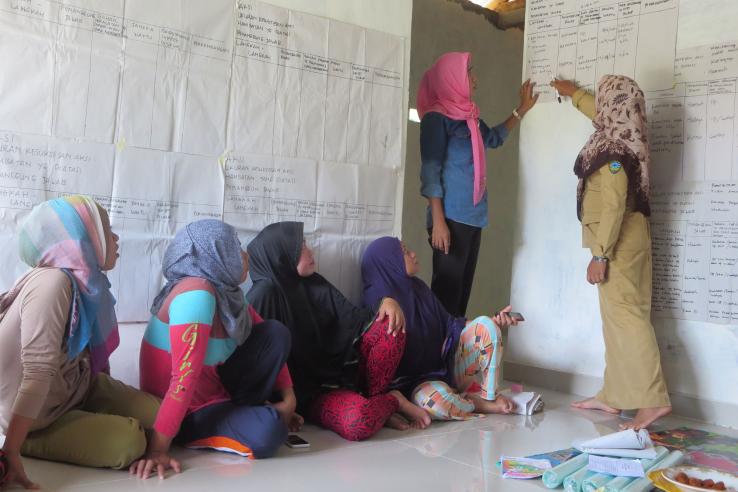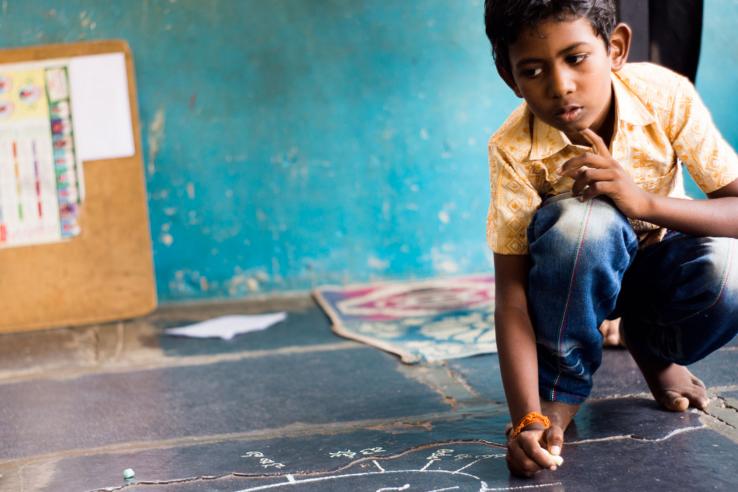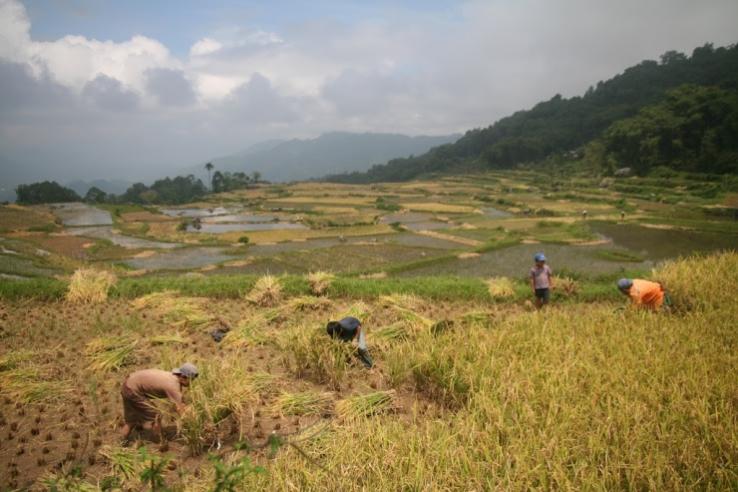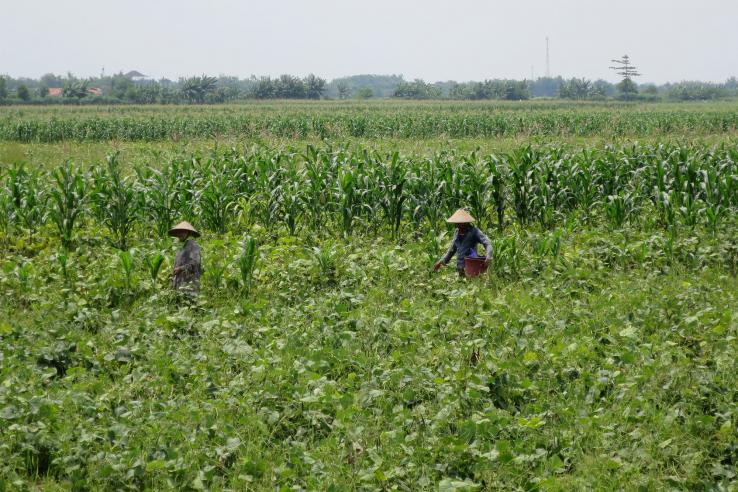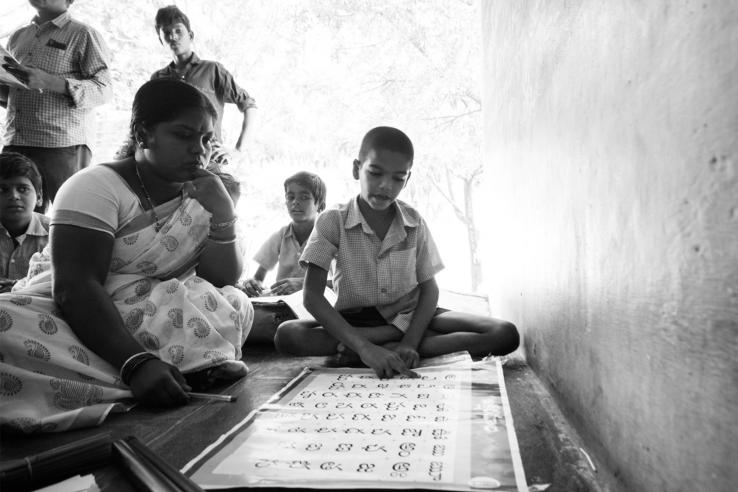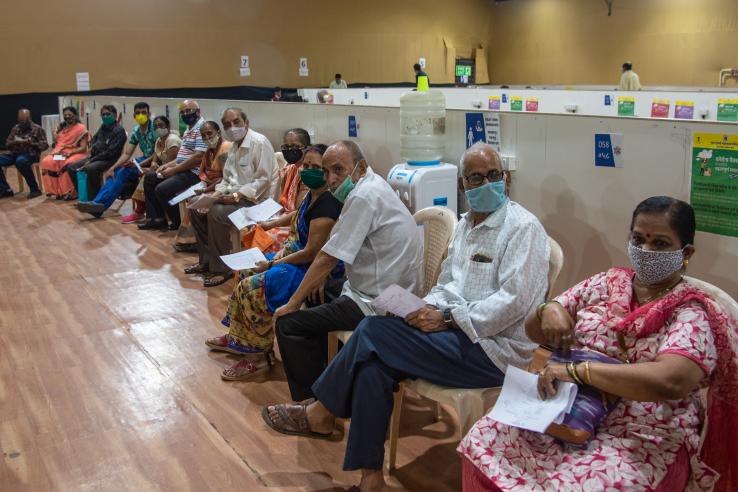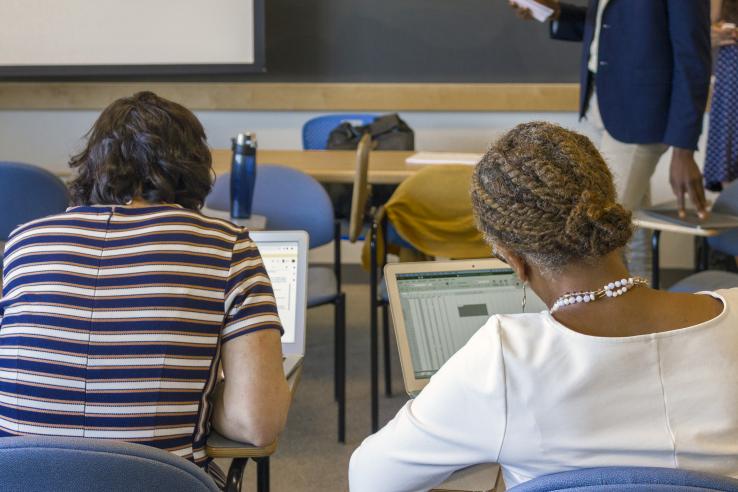Displaying 3661 - 3675 of 8175
Event
Can communities play a role in strengthening service delivery? Does empowering citizens to engage in transparency and accountability activities lead to improvement in health outcomes? Join T4D researchers Dan Levy and Jessica Creighton on August 1 to learn more about this project.
Event
Income inequality in the United States has increased consistently since the 1980s, but has this growing economic gap led to larger cultural distances between socioeconomic groups? Join us today, Thursday, September 28 at 3 pm EDT for the next D²P²: Data, Decisions, Public Policy lecture featuring J...
Person
Oriana Bandiera is the Sir Anthony Atkinson Professor of Economics at the London School of Economics and Political Science and editor for Microeconomic Insights.
Event
Please join us on October 27 for the second in a series of webinars about Pratham’s teaching at the right level (TaRL), a methodology that has been shown, through rigorous evaluations, to consistently improve basic reading and numeracy skills. This session will focus on Assessment, with...
Person
Jack Ellington is a Policy Associate at J-PAL Global, where he works with the Environment, Energy, and Climate Change (E2C2) sector.
Person
Person
Leigh Linden is an Associate Professor in the Department of Economics at the University of Texas at Austin with a joint appointment in the Lyndon B. Johnson School of Public Affairs. His research focuses on the ability of social services to improve the well being of children, especially in...
Evaluation
Researchers are evaluating the impact of providing different types of information about the health risks of Covid-19 on individuals’ risky behavior among diabetic and hypertensive individuals in Tamil Nadu, India, with special attention to de-biasing over-optimism about personal health risk.
Blog
We welcomed the second cohort of the Data, Economics, and Development Policy (DEDP) master’s program to campus in January. The students will earn their master’s degree in just eight months under a hybrid online and in-person model that allows the cohort to build community at MIT while accommodating...
Person
Event
Held live over Zoom, this four-day training will equip participants with the resources and knowledge to engage with impact evaluations of social programs. The interactive course provides an in-depth look at why and when randomized evaluations can be used to rigorously measure social impact, methods...
